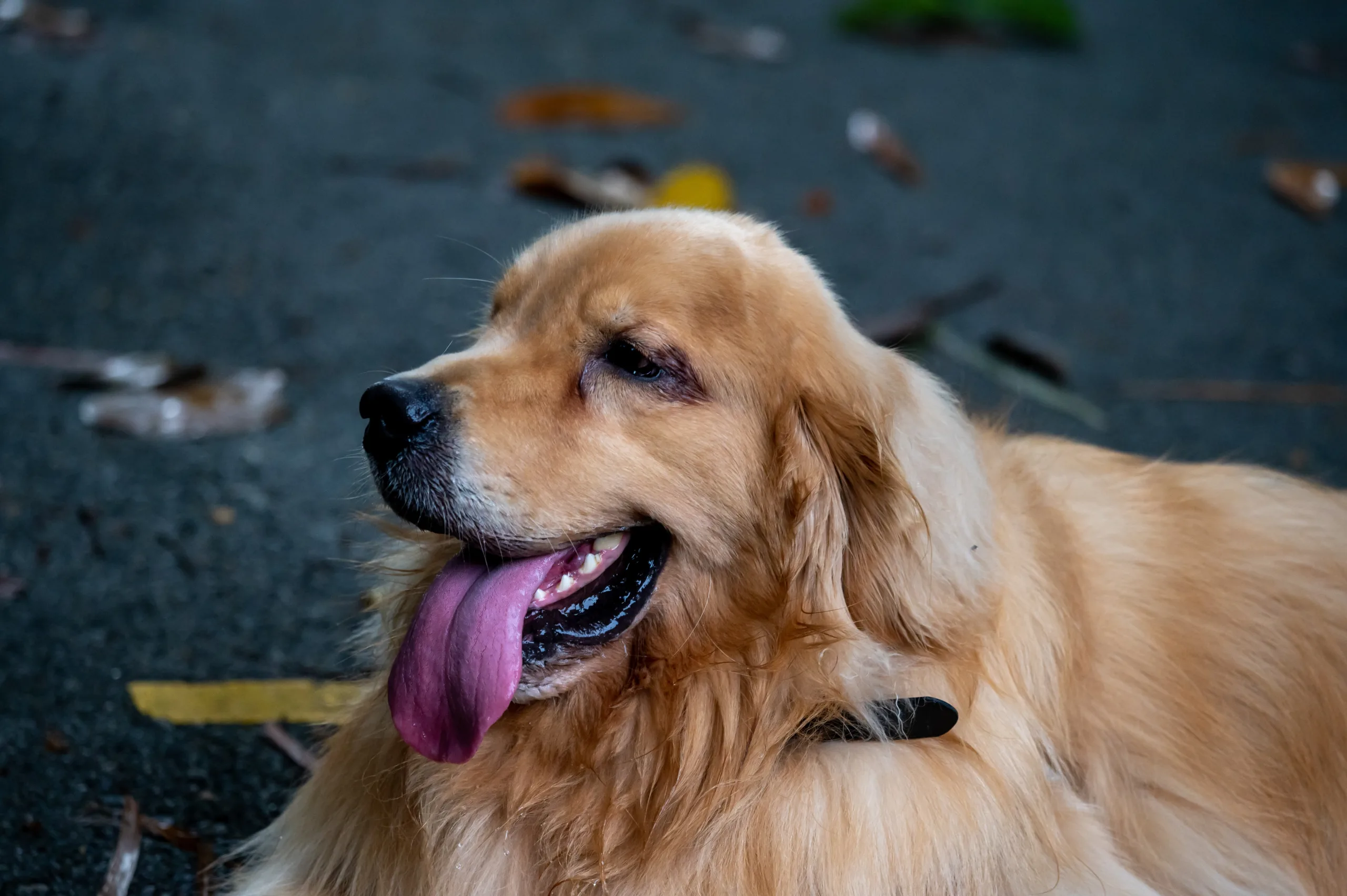Introduction:
Dog chews are a popular choice for pet owners looking to satisfy their dog’s natural urge to chew while providing them with entertainment and dental benefits. One common type of dog chew is beef hide, made from the inner layer of cowhide. However, the safety and potential health implications of beef hide chews have been a subject of debate among pet owners and veterinarians. In this article, we will explore whether beef hide is bad for dogs, the differences between beef hide and rawhide, the appropriate frequency of giving beef hide to dogs, and whether dogs can safely digest cow hide. Let’s delve into the truth about beef hide and its impact on canine health.
For more about dogs click here
Is Beef Hide Bad for Dogs:
The safety of beef hide chews for dogs is a contentious topic. While some dogs may enjoy beef hide chews without any issues, others may experience problems such as gastrointestinal upset, choking, or blockages. The concern lies in the potential for dogs to swallow large pieces of beef hide that can be difficult to digest and may cause obstructions in the digestive tract.
Why is Beef Hide Bad for Dogs:
The primary reason beef hide can be bad for dogs is that it may pose a choking or blockage hazard. When dogs chew on beef hide, they may break off large pieces that could become stuck in their throat or gastrointestinal tract, leading to serious health complications.
Is Beef Hide and Rawhide the Same:
Beef hide and rawhide are often used interchangeably, but there is a slight difference between the two. Both are made from cowhide, but rawhide refers to the unprocessed, natural form of cowhide, while beef hide may undergo some processing and may be flavored or treated.
How Often Can I Give My Dog Beef Hide:
Due to the potential risks associated with beef hide chews, it is best to limit their frequency and monitor your dog closely while they chew on them. If you choose to give your dog beef hide, do so in moderation and under supervision to minimize any potential hazards.
What Hides are Bad for Dogs:
In addition to beef hide, other types of hides, such as pig ears or hooves, may also pose similar risks to dogs. These types of chews can be hard and difficult to digest, potentially leading to choking or gastrointestinal blockages.
Can Dogs Digest Cow Hide:
Dogs have strong digestive systems, and they can digest certain parts of cowhide. However, larger pieces or hard chunks of beef hide may be challenging for them to break down and pass through their digestive tract, leading to potential obstructions.
Is Beef Hide Better Than Rawhide for Dogs:
Neither beef hide nor rawhide is definitively better for dogs. Both can pose risks if not chewed and swallowed carefully. Instead of opting for these chews, consider safer alternatives, such as specially designed dental chews or toys that provide entertainment without the risk of choking or blockage.
FAQs:
1. Why is beef hide bad for dogs?
Beef hide can be bad because they may swallow large pieces, leading to choking or gastrointestinal blockages.
2. Is beef hide and rawhide the same?
Beef hide and rawhide are similar, but rawhide refers to the unprocessed form of cowhide, while beef hide may undergo some processing.
3. How often can I give my dog beef hide?
It is best to give your dog beef hide in moderation and under supervision to minimize potential hazards.
4. What hides are bad for dogs?
Other hides, such as pig ears or hooves, can also pose similar risks to dogs.
5. Can dogs digest cow hide?
Dogs can digest certain parts of cowhide, but larger pieces may be challenging for them to break down.
6. Is beef hide better than rawhide for dogs?
Neither beef hide nor rawhide is definitively better for dogs. Safer alternatives, such as dental chews or toys, are recommended.
In conclusion, while some dogs may enjoy beef hide chews without any issues, the potential risks of choking or gastrointestinal blockages make it a controversial chew option. If you choose to give your dog beef hide, do so in moderation and under close supervision. However, it is advisable to explore safer alternatives, such as specially designed dental chews or toys, that provide entertainment and dental benefits without the risk of harm. Prioritizing your dog’s safety and well-being is crucial in selecting suitable chews that will contribute positively to their overall health and happiness.
Click here for more
